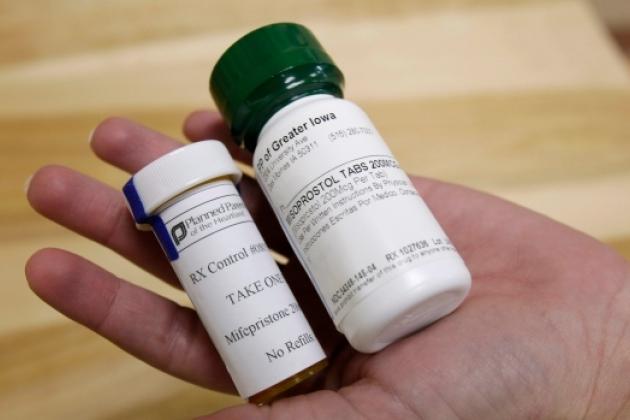
NDP government says it ‘strongly supports women’s reproductive health options’
Source: CBC News
The Alberta government says it will make the two-step abortion drug, Mifegymiso, available to women free of charge.
The NDP does not have a firm date for when public funding will come into effect, but in a statement, says it “strongly supports women’s reproductive health options.”
Reproductive health advocates argue universal access is important because the drug sells for roughly $300 — a cost that is out of reach for some women.
“It also means that people can access abortion at an earlier time in the pregnancy, so people don’t have to wait weeks before they’re able to see their healthcare provider for it,” said Frederique Chabot, with Action Canada for Sexual Health and Rights.
Chabot says access to Mifegymiso is good news for women who live in rural areas.
“People who don’t have access easily to clinics or hospitals who offer surgical abortions don’t have to travel so far,” she said.
Endorsed by national panel
The medication was recently endorsed by a national expert panel commissioned by the Canadian Agency for Drugs and Technologies in Health, an independent organization set up by the provinces, territories and federal government to evaluate whether to fund certain drugs and procedures.
The panel concluded the medication is highly effective in inducing abortions with minimal risk of serious side-effects.
It recommended that provincial governments cover the cost of the prescription.
Women will take one pill at a doctor’s office, go home and take four pills within 12 to 24 hours and then return to the doctor one to two weeks later for a followup visit.
Drug available since 1988
In Canada, it’s approved for use by women in the first seven weeks of pregnancy.
Alberta isn’t the only province promising to offer universal access to the drug. New Brunswick has also committed to publicly funding Mifegymiso.
The drug has been available since 1988 in France and was approved for use in the United States in 2000. It is also available in more than 57 countries.
The Calgary Pro-Life Association declined comment.